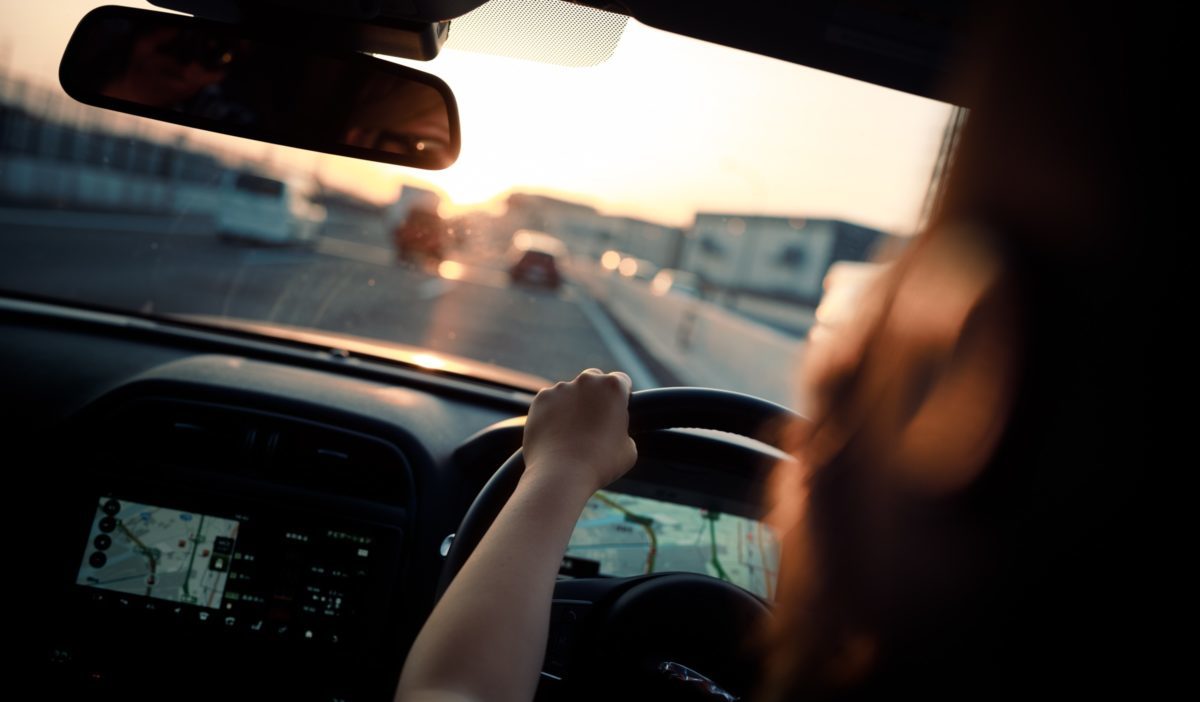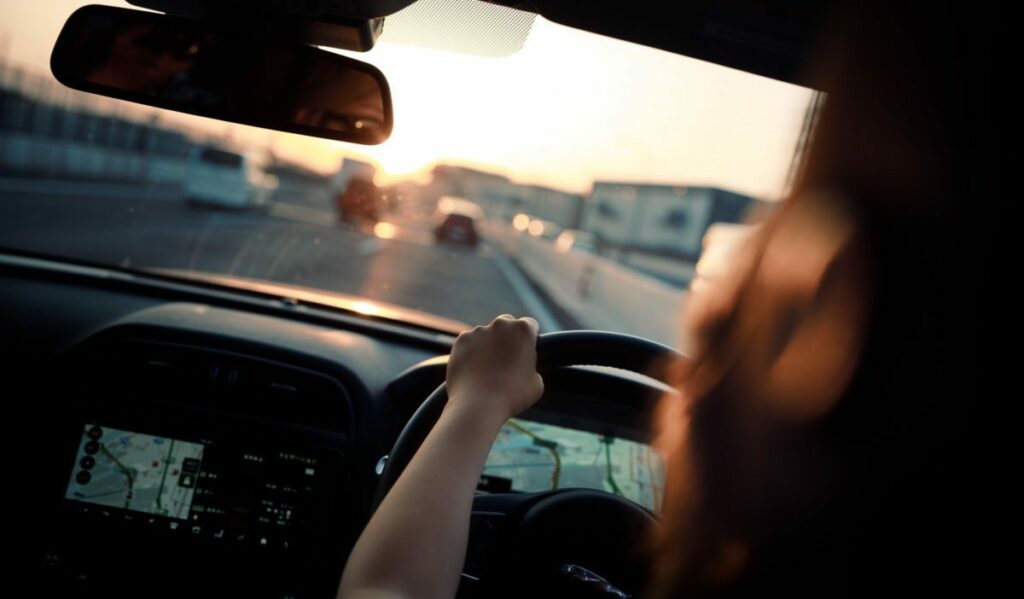
The Easter holidays are imminent and with a two week break from school, this may be an opportune time for many to consider a trip to the continent.
Following Brexit there have been changes to requirements for driving abroad and it is worth regularly reviewing the Gov.UK website to keep up to date.
What do you need to bring when driving in Europe?
If you are driving your own vehicle abroad, you need to bring your driving licence together with your V5C Logbook and your insurance certificate. There is no longer a requirement to carry a Green Card when travelling in the EU, Andorra, Bosnia and Herzegovina, Iceland, Liechtenstein, Norway, Serbia, and Switzerland. However, the Green Card is required in some other countries so it is worth checking before you travel. Your motor insurer will be able to provide you with a Green Card.
To drive in some countries on the continent you may require an International Driving Permit or IDP and a list of the relevant counties can again be obtained on the Gov.uk website.
It is also important to check the requirements for each country you will be travelling to or through as they may differ. For example, in France you are required to have a reflective jacket for each occupant of the vehicle and a warning triangle.
The RACand AA also provide useful information when driving abroad.
Don’t take rules for granted
Alcohol limits also differ from country to country and it is worth being aware of the differences as many are lower than the UK limits.
The most recent change to requirements relates to the identifying marker on your car. As of 28 September 2021 the letters GB are no longer valid and you must display the letters UK. This can be incorporated into the number plate or by means of a separate sticker.
Following Brexit, if you are involved in an RTA whilst abroad involving an uninsured or unidentified driver, the MIB (the organisation that provides compensation when the driver who caused the accident is not insured) will not be in a position to deal with the claim. They can only provide contact details of the relevant equivalent body. There is an added complexity in that some Guarantee Funds only compensate residents or nationals of other EEA countries. One such example is France.
What to do if you’re in a car accident overseas
If you are involved in an RTA abroad there are a number of steps it is important to take if at all possible.
- Exchange details with the other party involved including their vehicle registration number and obtain their insurance details to include policy reference.
- Take photos of the accident location and position of vehicles.
- Report the accident to the police and obtain a copy of any report. If you are not provided with a report, obtain the reference number and contact details for the police so the report can be requested at a later date.
- If there are any witnesses to the accident obtain their details if possible.
- If you are taken to hospital record the name of the facility and keep any documents you are provided with on discharge.
- Keep receipts for any expenses incurred.
- Contact your travel insurer as soon as possible regarding your accident as they may have specific requirements in order to lodge a claim with them.
Before travelling abroad in your own vehicle, it is imperative that you check documents and equipment to bring with you together with any requirements specific to the country or countries in which you will be driving or travelling through to reach your destination.



















